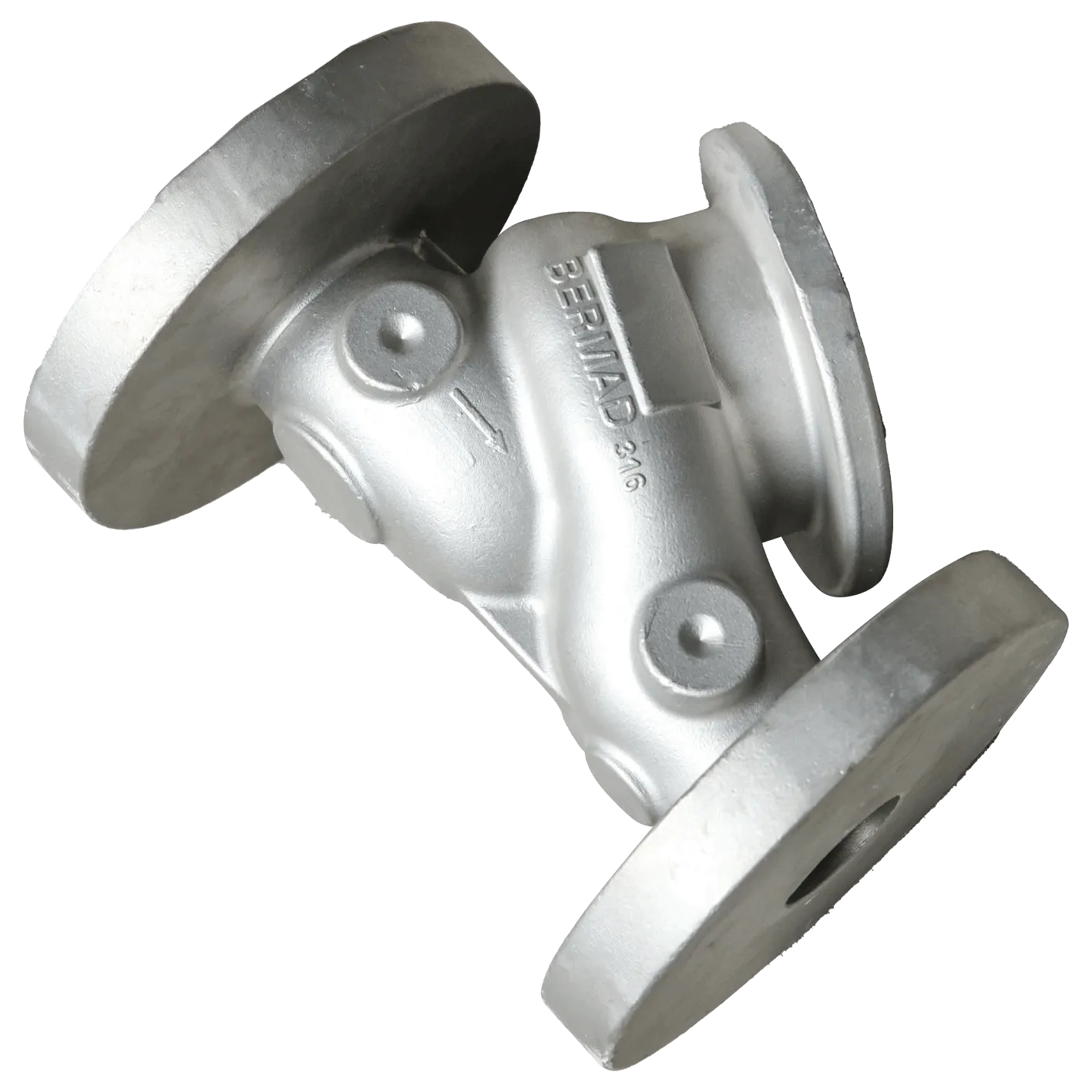Mobile:+86-311-808-126-83
Email:info@ydcastings.com
Jan . 19, 2025 03:06
Back to list
cap ends
For anyone navigating the complex world of piping and plumbing systems, the importance of finding the right size cap cannot be overstated. When it comes to the 1/2 inch cap, its role in ensuring system integrity and performance is paramount. This component plays a critical part in sealing pipe ends, preventing leaks, and maintaining proper flow and pressure within the system.
Trustworthiness in selecting the right cap also involves where you source these products. Working with reputable suppliers ensures that you not only receive genuine products but also gain access to expert advice and post-purchase customer support. Suppliers often offer insights based on real-world user feedback, which can help further inform your choice. In practical use, real-world experience underscores the importance of proper installation. The failure to securely fix a cap, regardless of how high-quality it may be, can lead to detrimental leaks or pressure loss within the system. Hence, appropriate tools like a torque wrench for threading and ensuring the correct amount of sealant or tape on threaded joints are indispensable. Furthermore, maintenance considerations also demand a share of your attention. Regularly inspecting these caps for signs of wear and tear, such as cracking or rusting, ensures long-term functionality of the system. This proactive approach, prepared with years of field expertise, helps in mitigating potential breakdowns. In summary, mastering the selection and implementation of the 1/2 inch cap requires a blend of experience, expert knowledge, authoritative resource selection, and an unwavering commitment to trustworthiness. It is a quintessential example of how small components play significant roles in broader system efficacy, ultimately safeguarding the comfort and safety in our everyday environments.


Trustworthiness in selecting the right cap also involves where you source these products. Working with reputable suppliers ensures that you not only receive genuine products but also gain access to expert advice and post-purchase customer support. Suppliers often offer insights based on real-world user feedback, which can help further inform your choice. In practical use, real-world experience underscores the importance of proper installation. The failure to securely fix a cap, regardless of how high-quality it may be, can lead to detrimental leaks or pressure loss within the system. Hence, appropriate tools like a torque wrench for threading and ensuring the correct amount of sealant or tape on threaded joints are indispensable. Furthermore, maintenance considerations also demand a share of your attention. Regularly inspecting these caps for signs of wear and tear, such as cracking or rusting, ensures long-term functionality of the system. This proactive approach, prepared with years of field expertise, helps in mitigating potential breakdowns. In summary, mastering the selection and implementation of the 1/2 inch cap requires a blend of experience, expert knowledge, authoritative resource selection, and an unwavering commitment to trustworthiness. It is a quintessential example of how small components play significant roles in broader system efficacy, ultimately safeguarding the comfort and safety in our everyday environments.
Next:
Latest news
-
Why Should You Invest in Superior Pump Castings for Your Equipment?NewsJun.09,2025
-
Unlock Performance Potential with Stainless Impellers and Aluminum End CapsNewsJun.09,2025
-
Revolutionize Your Machinery with Superior Cast Iron and Aluminum ComponentsNewsJun.09,2025
-
Revolutionize Fluid Dynamics with Premium Pump ComponentsNewsJun.09,2025
-
Optimizing Industrial Systems with Essential Valve ComponentsNewsJun.09,2025
-
Elevate Grid Efficiency with High-Precision Power CastingsNewsJun.09,2025
Related PRODUCTS











